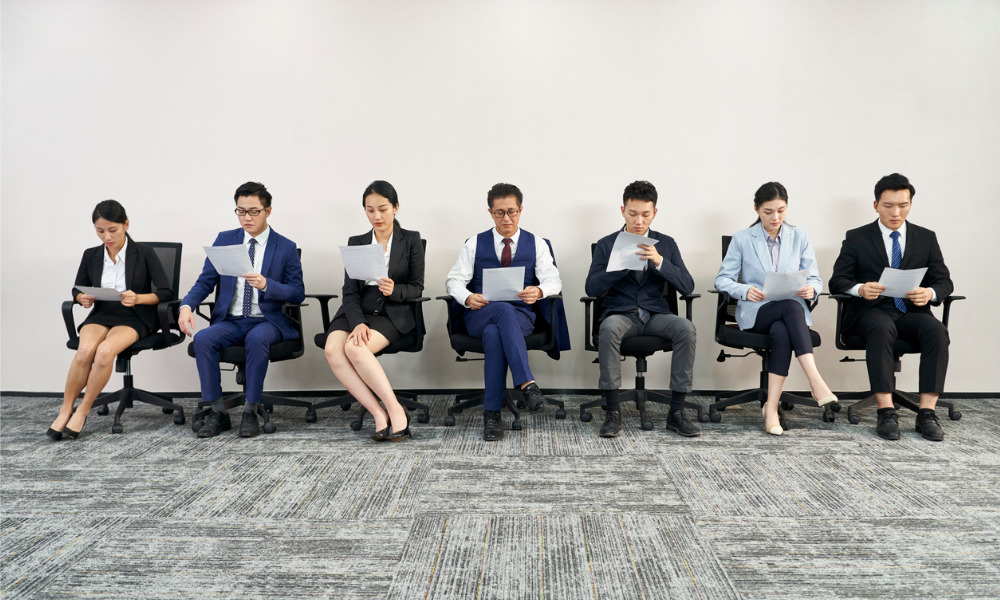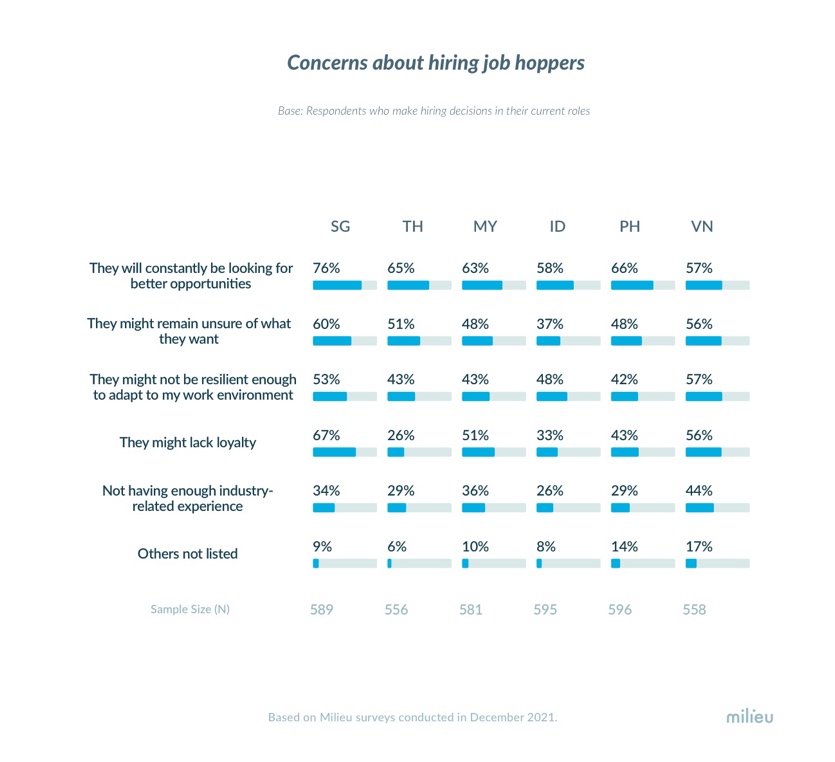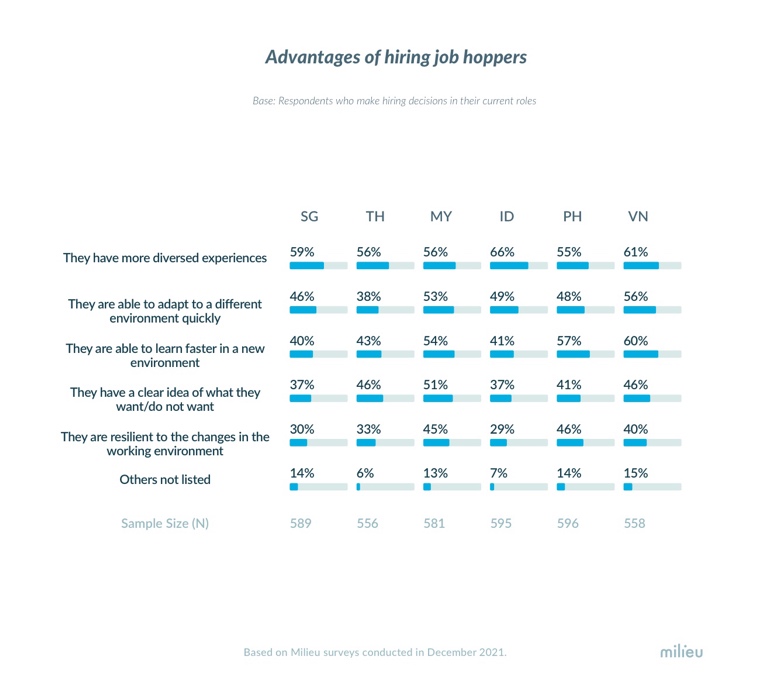
How can HR retain talent amid an evolving workforce?

Job hopping is not a new concept to employers and employees alike across the world, but not everyone feels the same about transferring from one company to another in a short time.
The latest survey from Milieu Insight among Southeast Asian employees revealed that majority of them only consider it job hopping if a worker stayed in the job for less than a year.
But is it a good thing? Impressions on job hoppers appear largely neutral for respondents in Singapore, Thailand, and Vietnam. Malaysia and Vietnam feel negatively about them, unlike in the Philippines, where such employees are seen in a very or somewhat positive light.

According to the survey, the biggest concern about job hoppers is that they are "constantly looking for better opportunities."
Respondents were also afraid that these employers could be unsure of what they want, or they might lack loyalty to the company that they're working for.

But on a much better note, the respondents said that job hoppers could bring in with them a diverse experience after transferring between companies.
They are also viewed as very adaptable individuals who could deal with different environments quickly, are able to learn faster in a new environment, and are resilient to the changes in the workplace.
An interesting result was how several respondents said that instead of being unsure, job hoppers actually have a clear idea of what want or do not want in the company.

According to the respondents, they are likely to also job hop if they are presented with a better opportunity elsewhere, even if their current stint with the company is less than a year.
"Being labelled a 'job hopper' may not be as consequential on one's job prospects as before. Employee loyalty means more than their tenure at a company," Milieu Insight said in its report.
The survey pooled the respondents from 6,000 employees across Southeast Asia, including 1,000 each from Singapore, Thailand, Malaysia, Indonesia, Philippines, and Vietnam.
Read more: Does job hopping hurt an employee's career?
With the pandemic still ongoing, retaining talent has been a challenge to employers as workers begin to understand what they are looking for in a company and put that at the forefront when finding a new boss to work for.
"Employees are looking for opportunities that best meet their needs – greater flexibility, better pay or deeper fulfilment," said Feon Ang, managing director, APAC at LinkedIn.
According to LinkedIn, flexibility has become a "non-negotiable" for employees amid the health crisis, and Ang said leaders should start putting people first when considering employee engagement, development opportunities, and career progression.
Ang laid out several practical tips for HR to help adapt to employees' changing needs: